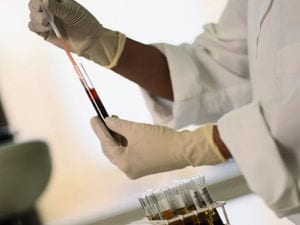
THURSDAY, Jan. 3, 2019 (HealthDay News) — Infection with the hepatitis C virus can cause liver disease and even liver cancer. But once found, the virus can be cured, so screening is vital for those at risk, health experts say.
For hepatitis A and B, preventive vaccines exist, but there is none for hepatitis C.
“We can eliminate the virus and keep people from developing liver disease,” said Dr. James Spicher, an internal medicine physician at Penn State Health. “But we can only do that if we find it. That’s why screening is so important. Otherwise, it’s a silent disease.”
Hepatitis C causes chronic inflammation of the liver. Over time, it can lead to scarring, cirrhosis, liver disease or liver cancer. It’s one of the leading causes of liver failure and the need for liver transplants.
Recently developed antiviral drugs can now cure nine out of 10 people who have hepatitis C. These medications are more effective and have fewer side effects than the treatments used in the past.
Because hepatitis C can take decades to cause noticeable liver damage, U.S. Centers for Disease Control and Prevention (CDC) guidelines recommend screening people who are between 53 and 73 years of age.
Many people who have hepatitis C got it through a blood transfusion or medical procedure before labs began screening for the virus in the early 1990s.
Hepatitis C causes mild, flu-like symptoms that last a couple of weeks and then go away. But the virus can hide in the liver undetected for years.
The CDC recommends everyone born between 1945 and 1965 get a one-time blood test for hepatitis C during a regular checkup.
“Those are the people who are most at risk now,” Spicher said in a Penn State news release.
Hepatitis C cases also are on the rise due to the opioid crisis and heroin users who share needles. The virus is often detected when users go for treatment and have routine screenings, Spicher added.
More information
For more about hepatitis C, visit the U.S. Centers for Disease Control and Prevention.
